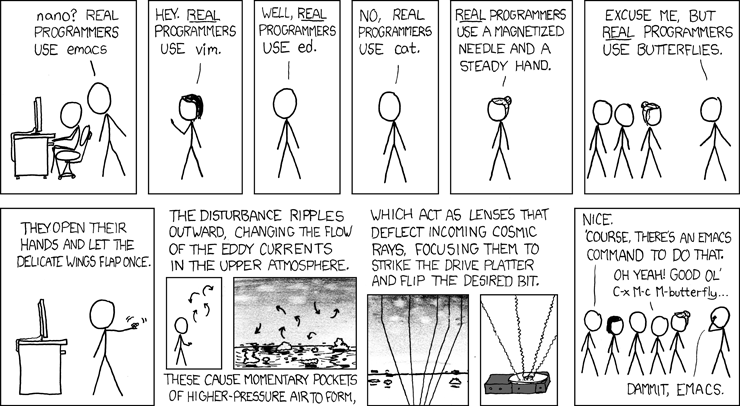What programming/scripting languages have you used for "Official Work" over the course of your career?
Make note of the mention "Official Work".
By that I mean languages used for software/tools that you are asked to write as part of your official job duties. If you are well versed in certain programming languages, but never got to use formally at work, mention those separately.
I think that anybody with a strong programming base can easily learn and write code in any new programming/scripting language they come across within a matter of days if not hours regardless of the kind of programming paradigm that the language fits into.
While screening candidate profiles for interviews, I see a lot of candidates with experience/skill set that doesn't go beyond "Java". This is true even among programmers with over 10 years of experience. Further, its not like they have worked at the same place either. Over the the course of 10+ years of working, they would have switched jobs at least 6~8 times and sometimes more. In addition, its not like that monotonous work with with single language and Eco system gives them the benefit of depth in their stack either. Typically, their skills are as shallow as they can be. They don't voluntarily learn anything new and many refuse to work using a different tool. How can somebody who has no experience writing software beyond Java even think they are ready to take up the role of a Software Architect?
[DOUBLEPOST=1476107189][/DOUBLEPOST]Here are some of programming/scripting languages that I have written code officially for work over the course of my own career.
Assembly (x86)
C/C++
C#
Visual Basic
Java
Objective C
Java Script
Action Script
Perl
Tcl
Go
Bash Shell scripting
Windows Batch scripting
Make note of the mention "Official Work".
By that I mean languages used for software/tools that you are asked to write as part of your official job duties. If you are well versed in certain programming languages, but never got to use formally at work, mention those separately.
I think that anybody with a strong programming base can easily learn and write code in any new programming/scripting language they come across within a matter of days if not hours regardless of the kind of programming paradigm that the language fits into.
While screening candidate profiles for interviews, I see a lot of candidates with experience/skill set that doesn't go beyond "Java". This is true even among programmers with over 10 years of experience. Further, its not like they have worked at the same place either. Over the the course of 10+ years of working, they would have switched jobs at least 6~8 times and sometimes more. In addition, its not like that monotonous work with with single language and Eco system gives them the benefit of depth in their stack either. Typically, their skills are as shallow as they can be. They don't voluntarily learn anything new and many refuse to work using a different tool. How can somebody who has no experience writing software beyond Java even think they are ready to take up the role of a Software Architect?
[DOUBLEPOST=1476107189][/DOUBLEPOST]Here are some of programming/scripting languages that I have written code officially for work over the course of my own career.
Assembly (x86)
C/C++
C#
Visual Basic
Java
Objective C
Java Script
Action Script
Perl
Tcl
Go
Bash Shell scripting
Windows Batch scripting
Last edited:



